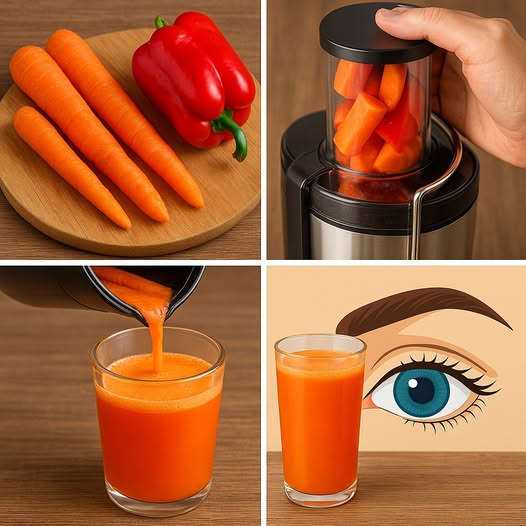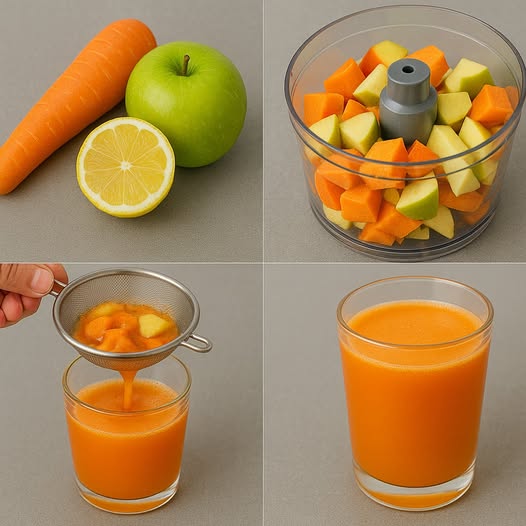
Combining vinegar with rosemary creates a surprisingly versatile and potent mixture that can be used in various ways around your home and for personal care. This concoction leverages the antimicrobial properties of rosemary and the acidic nature of vinegar, making it a powerful tool in natural home remedies and cleaning solutions. Here’s what happens when you mix these two, and how you can use this dynamic duo.
Benefits and Uses of Rosemary Vinegar
- Natural Hair Rinse:
- Enhances Shine and Scalp Health: Rosemary is renowned for promoting hair growth and reducing dandruff. Mix rosemary-infused vinegar with water to create a hair rinse that balances scalp pH, removes product buildup, and adds a beautiful shine to your hair.
- How to Use: After shampooing, pour the rosemary vinegar rinse through your hair. Let it sit for a couple of minutes, then rinse out with cool water for smooth, shiny hair.
- Skin Toner:
- Clarifies and Tones Skin: The antiseptic properties of rosemary combined with the toning action of vinegar can help improve skin health, reducing breakouts and evening out skin tone.
- Application: Dilute rosemary vinegar with water (typically a 1:3 ratio of vinegar to water for sensitive skin). Use a cotton ball to apply it as a toner after cleansing.
- Cleaning Agent:
- Natural Disinfectant: Vinegar is a well-known natural cleaner, and when infused with rosemary, it not only gains a pleasant scent but also boosts its antibacterial properties.
- Usage: Use it to wipe down surfaces in the kitchen and bathroom. It’s particularly effective on glass and counters, leaving a streak-free finish and a fresh scent.
- Cooking Ingredient:
- Flavor Enhancer: Rosemary vinegar can be used to add a flavor boost to marinades, salads, and sauces.
- Tip: Try using it in homemade salad dressings or drizzle it over roasted vegetables for added zest.
How to Make Rosemary Vinegar
Ingredients:
- Fresh rosemary sprigs
- White or apple cider vinegar
- A clean jar with a lid
Instructions:
- Prepare the Rosemary: Rinse the rosemary under cold water and pat it dry. Lightly bruise the leaves to release their oils.
- Fill the Jar: Place the rosemary sprigs in the jar. You can add as much or as little as you like, depending on how strong you want the infusion to be.
- Add Vinegar: Pour vinegar over the rosemary until the jar is nearly full. Ensure the rosemary is completely submerged to prevent mold growth.
- Seal and Store: Close the jar tightly and store it in a cool, dark place for about 2-4 weeks. The longer it sits, the stronger the flavors will be.
- Strain: Once the vinegar has reached the desired strength, strain out the rosemary leaves and transfer the vinegar to a clean bottle.
Conclusion
Pouring vinegar into rosemary is not just an experiment; it’s a way to harness the natural benefits of both ingredients in a form that can be used for personal care, cooking, and cleaning. Try this simple yet effective recipe, and you might just be surprised at how versatile and beneficial the resulting mixture can be!




